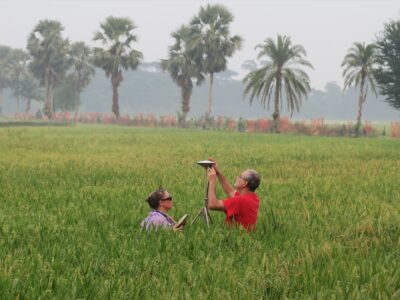Earth Sciences2
-
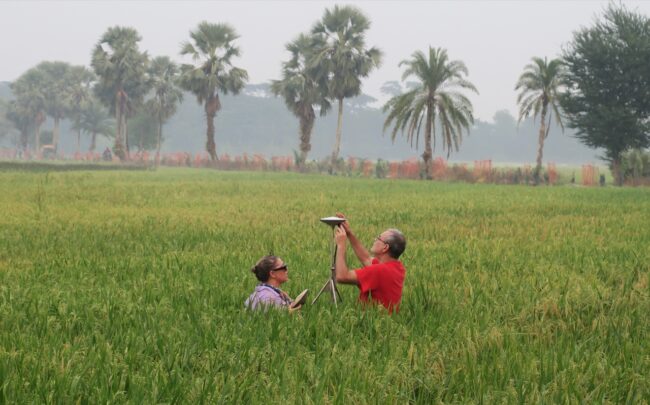
Driving Around the Bangladesh Coastal Zone
Mike Steckler travels around the coastal zone of the world’s largest delta in Bangladesh to repair GNSS (GPS) instruments.
-
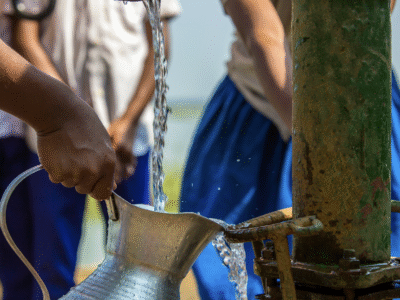
Reducing Arsenic in Drinking Water Cuts Risk of Death, Even After Years of Chronic Exposure
Published today in JAMA, a 20-year study of nearly 11,000 adults in Bangladesh found that lowering arsenic levels in drinking water reduced the risk of death from chronic illnesses, compared with continued exposure.
-
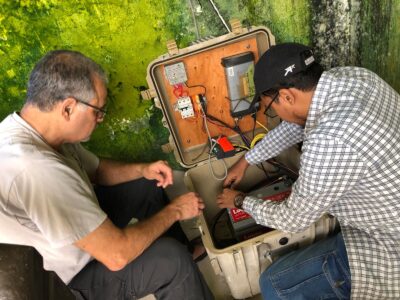
Continuing on to Comilla, Dhaka and the Coast
After finishing fixing their global navigation satellite system equipment in Sylhet, Mike Steckler and his team traveled south to repair more stations in Comilla, then to Dhaka and the coast.
-
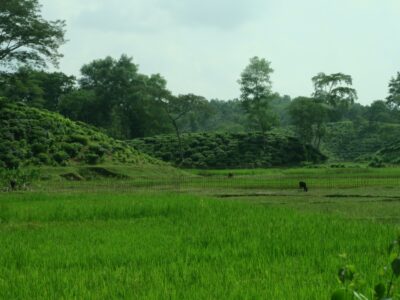
Repairing Global Navigation Satellite Systems in the Land of Tea
Mike Steckler is back in Sylhet, Bangladesh, to repair GNSS stations that are monitoring tectonics and earthquake hazards, and measuring the sinking of the land in the world’s biggest delta.
-
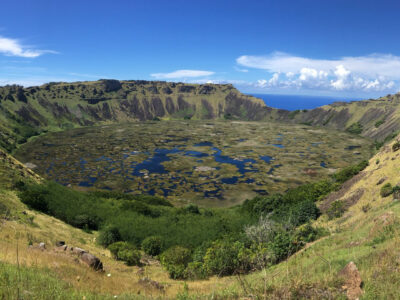
What Really Happened on Easter Island? Ancient Sediments Rewrite the “Ecocide” Story
A new study challenges long-held narratives of societal “collapse,” instead showing that Rapanui communities adapted to profound climate stress with resilience and innovation.
-
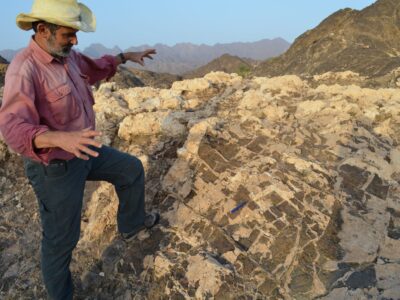
Earth’s Continents Stabilized Due to Furnace-Like Heat, Study Reveals
The new discovery has implications beyond geologic history, such as the search for critical minerals and habitable planets beyond Earth.
-

Nine Lamont-Doherty Earth Observatory Researchers Honored by Leading Scientific Organizations
Scientists connected with the Lamont-Doherty Earth Observatory, which is part of the Columbia Climate School, received notable accolades from renowned national and international research societies this fall.
-
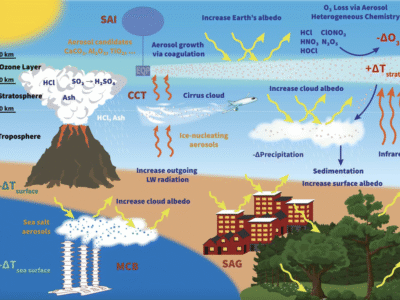
How Hard Is It to Dim the Sun?
Solar radiation management is gaining traction as a climate intervention—but new research warns that real-world constraints make it riskier and more uncertain than most models suggest.
-

Where Soil Meets Data: Yushu Xia’s Mission To Support a Healthier Planet
Xia discusses her research projects, mentorship goals, and the importance of staying ahead in a changing scientific landscape.

By studying thousands of buildings and analyzing their electricity use, Columbia Climate School Dean Alexis Abramson has been able to uncover ways to significantly cut energy consumption and emissions. Watch the Video: “Engineering a Cooler Future Through Smarter Buildings“
